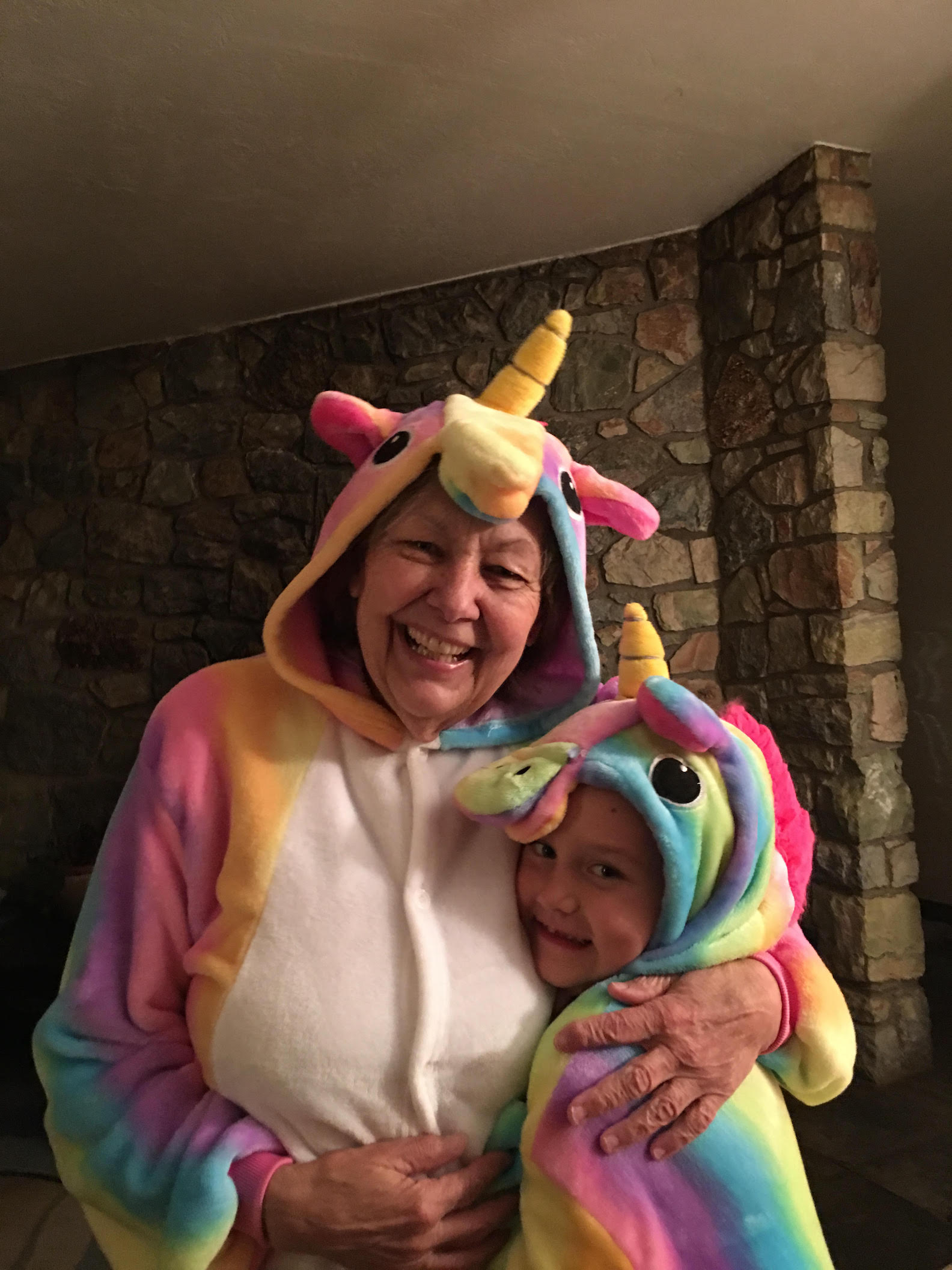
“My friends are all moving,” my nearly 9-year-old granddaughter Kyra tells me when we are onour bi-weekly zoom session. I’m thinking, “Of course, things are opening up after Covid, and the “new normal” may be more new than “normal.” I listen and get more details–one friend hasmoved closer, within a couple blocks, and another is moving out-of-state. It’s good/bad news for Kyra who is an only child and whose friends and playmates are a big part of her life.
The school closings did not affect her as she’s homeschooled and been able to get together in person with other homeschooled kids in her pod. It seems to me she has adjusted to on-line learning where many children have not. Closed schools has meant for many, closed lives and many losses to grieve.
As I listen to her reading from her first chapter book, Walk Two Moons, I reflect on the fact thatthe main character has lost her mother and is on a road trip with her grandparents. This reminds me that children learn about grief from stories and Disney films which often contain a missing parent. Kyra lost her other grandmother the fall before the pandemic. The delightful, fun-loving Grandma Pat, (who I always refer to as my “Sister Grandma.”) We bonded forever as we stood on either side of Pat’s daughter as she was birthing her.
We often laughed about how Kyra got the two of us, somewhat unusual grandmothers–I teach a system called InterPlay and Pat had traveled the country with her musician partner for many years in a school bus as an Ambassador of Play before becoming a grandmother.
Living within driving distance of her daughter’s home she became a central part of Kyra’s first 7years. She was the grandmother who, besides making cookies became a weekly imaginativecreative playmate. She and Kyra made up songs, played with “stuffies,” and dressing up inoutlandishly fanciful costumes– far beyond what I would have the patience for.
Whenever I came to town the three of us danced and sang and told stories, and often involved her parents and her two grandfathers.
We often think of young people as being strangers to grief, though seven in ten children in theU.S. lose a parent or grandparent to death before they reach the age of 20. A college chaplaintold me once, after I presented to his students about overcoming loss, “People tell these students that college is the best time of their lives, but, given all the losses, it’s a tough time for many–a friend overdoses, a mother is treated for breast cancer, parents announce their divorce.” These losses impact their immediate lives and their lives going forward past the time when they become parents of their own children.
Young children grieve though it may not look how we expect it to. I remember the dramaticscene of my then 3-year-old son Kevin standing at the top of the stairs throwing his shoes down while screaming “I hate you.” Suspecting that he might be missing Margaret, his nanny who was in the hospital at the time for a minor procedure I asked if he missed her. He said yes, and when I reassured him that Margaret was fine and would be back with us soon, he was ok for a week or so before we had another shoe throwing incident.
Listening more carefully to what was bothering him he finally told me that “Margaret’s gonna die.” I tried again to reassure him, but he finally let me in on a connection he had made in his mind. My great aunt had died a few months before this and he told me that “Auntie went to the hospital, and she died.”
Grandma Pat died due to a reoccurrence of breast cancer. Her final weeks were spent being cared for by family members and friends in the reconfigured garage/cottage she and her husband had moved into next to Kyra’s mother’s house. When I visited, we remembered and sang the songs they had created together. We promised not to forget them or her as we celebrated Kyra’s seventh birthday with an ice cream cake that had nearly melted all over the car during the drive home from the store in the desert heat. (Especially problematic after car trouble delayed our arrival.)
Kyra was there, beside her mother when Grandma Pat made her transition. I spoke to herafterwards and she talked about it in such a way that I knew that was the right way for her to letgo of her grandmother. Not all families would make this choice, not all children Kyra’s agewould handle it as she did. But for sure, children do better dealing with the death of a loved onewhen they are included in whatever fits their age and maturity level rather than being excluded or isolated from one of life’s most certain realities.
At the small church memorial service Kyra took an active part, singing songs with hergrandfather and for her grandmother. Since the pandemic, during our meetings online Kyra and I have retold stories of Grandma Pat and that birthday and sung and played songs she taught, and we know she liked. I can’t think of a better way to make sure we will never forget.

